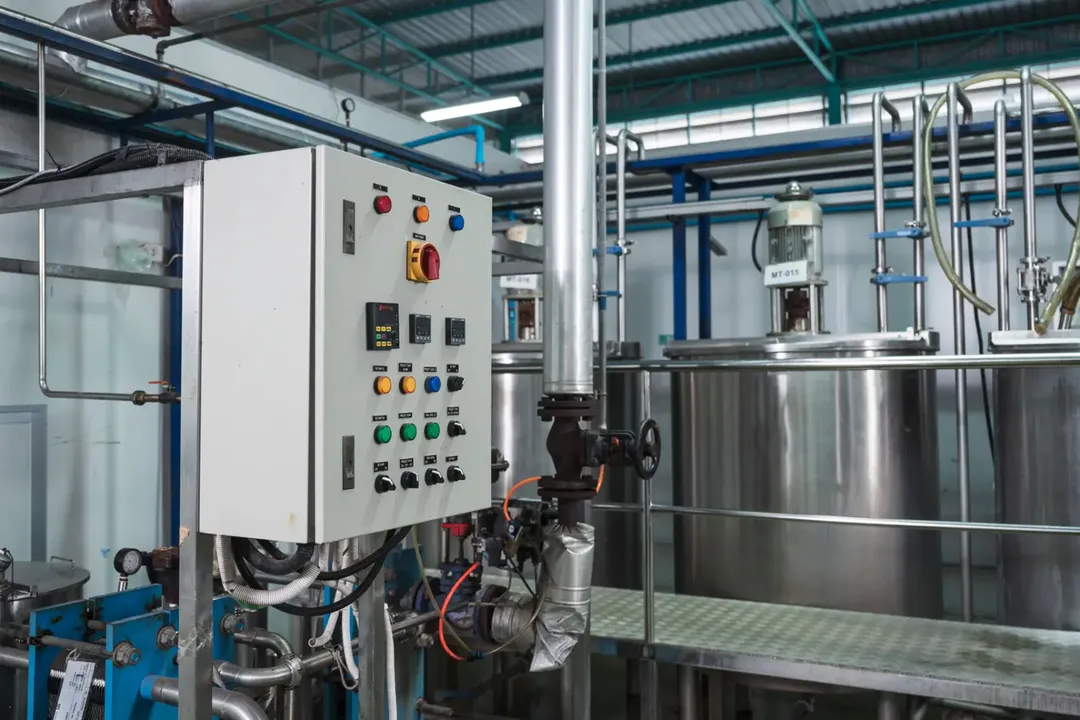Introduction
In the quest to build world-class food factories, understanding the significance of electrical equipment can make a crucial difference. As experienced food industry consultants at PMG Engineering, we are committed to providing exceptional food technology consulting services. This article delves into the major and minor electrical equipment vital to the efficient operation of food processing plants, aiding prospective clients in enhancing their manufacturing setups.
About PMG Engineering
Operating at the forefront of food engineering, PMG Engineering offers comprehensive engineering design, procurement, contracting, and construction supervision services. Our goal is to assist businesses in creating state-of-the-art food factories. With expertise spanning food processing plant design, food plant engineering, and food manufacturing consultancy, we deliver tailored solutions to meet specific industry needs.
Major Electrical Equipment
Major electrical equipment forms the backbone of a food processing plant's infrastructure. These components manage and distribute electrical power efficiently, ensuring uninterrupted production.
- MV/LV Switchgear/Switchboards: These units distribute power to various parts of the plant, maintaining operational safety and efficiency.
- Transformers: Critical for altering voltage levels, transformers ensure that each section of the factory receives power suitable for its equipment.
- Motor Control Centers/Panels: They regulate the operation of electric motors across the plant, optimizing control and automation.
- Bus Bar Trunking & Cable Bus: Essential for transmitting electrical energy through the factory infrastructure.
- Generators: Provide backup electricity, preventing downtime during power outages.
- UPS (Uninterruptible Power Supplies): Safeguards vital electronics and systems from power interruptions and fluctuations.
- Power Factor Correction Equipment: Comprising capacitors, controllers, and contactors, these enhance electrical efficiency.
- Variable Frequency Drives (VFDs): VFDs grant precise control over motor speeds, accommodating variable production needs.
- Electric Heat Trace: Maintains process temperature, preventing freezing or solidification of materials.
Minor Electrical Equipment
While considered commodity items, minor electrical equipment is vital for seamless factory operations. These components are typically covered in a general electrical specification:
- Cable/Wire and Termination Kits: Facilitate connections and extensions within the plant's electrical framework.
- Cable Tray: Organizes and supports electrical cables, ensuring they are protected and efficiently arranged.
- Conduit and Conduit Fittings: Provide protective casings for electrical wiring, imperative for safety and durability.
- Termination/Junction Boxes: Crucial for safely connecting and branching off cables.
- Safety/Disconnect Switches: Enable manual override and disconnecting of circuits for maintenance.
- Receptacles and Light Switches: Essential for day-to-day operations, facilitating access to power and lighting control.
- Lighting Fixtures: Provide necessary illumination, ensuring a safe and efficient working environment.
Conclusion
The strategic incorporation of major and minor electrical equipment is central to the successful design and operation of food processing plants. With PMG Engineering's expertise as food manufacturing consultants and food engineering advisors, businesses can ensure that their electrical infrastructure supports optimal performance and allows for scalable growth. For more specialized guidance, consider reaching out to us for tailored food technology consulting services.
 PMG stands for Projects Management Group. We provide state-of-the-art Engineering Services to build world-class food processing factories.
PMG stands for Projects Management Group. We provide state-of-the-art Engineering Services to build world-class food processing factories.  Engineering is the difference between Chaos and Excellence. If you are going to do it, do it right.
Engineering is the difference between Chaos and Excellence. If you are going to do it, do it right.  Explore the diverse range of Products in the Food Processing Industry.
Explore the diverse range of Products in the Food Processing Industry.  Explore the technologies at the heart of the the Food Processing Industry.
Explore the technologies at the heart of the the Food Processing Industry. 


 Back
Back 



